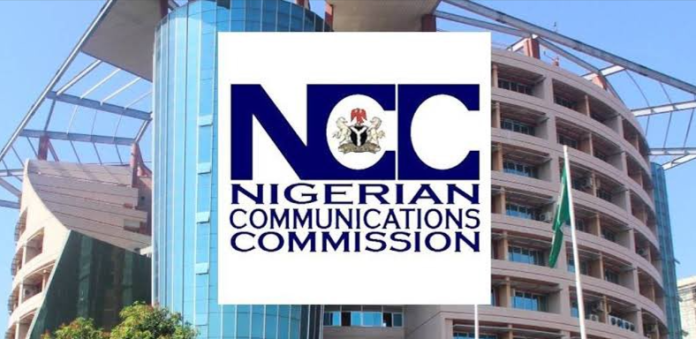The Nigerian Communications Commission is cooperating with the Association for Progressive Communications and other major institutional partners to address the digital divide in rural Nigeria.
This commitment was demonstrated at a two-day policy-focused workshop held in Abuja, aimed at developing a comprehensive policy framework to support the growth of community networks. The goal is to boost socio-economic development in underserved and unserved areas of the country.
The workshop convened critical players across sectors regulators, community leaders, technical experts, and potential foreign investors to address policy and regulatory challenges, identify innovative funding mechanisms, and promote sustainable, renewable energy models capable of powering communication infrastructure in remote communities.
In his opening address, the Executive Vice Chairman of the NCC, Aminu Maida, described the event as pivotal for advancing nationwide digital inclusion and fostering equitable economic development.
“This workshop is an opportunity for all of us to harness the expertise, insights, and experiences of diverse stakeholders present here which includes the regulators, community leaders, technical experts and potential foreign providers to address the critical challenges such as affordable devices, access, licensing, spectrum allocation, infrastructure development, sustainability and institutional monitoring,” said Maida, who was represented by the NCC’s Executive Commissioner, Technical Services, Abraham Oshadami.
Maida reiterated the NCC’s commitment to empowering rural communities by providing accessible digital infrastructure.
“At NCC, we recognise the transformative potential of community center networks in achieving this important goal,” he added.
He also described the initiative as a “catalyst for meaningful change”, emphasizing the need for collective effort.
“This journey and this workshop is a catalyst for meaningful change. The expertise, perspectives and commitments shared here will help shape a future where every Nigerian, regardless of his or her status, will have meaningful access to opportunities from digital connectivity.”
Speaking at the event, Kathleen Diga, Co-manager of APC’s Local Network (LocNet) initiative, stressed the importance of dialogue and collaboration.
“This is a space where we can be open and exchange ideas of possibilities, opportunities that will remain in realising values of a diversified ecosystem,” she said.
Diga advocated for local participation and bottom-up innovation to address lingering connectivity challenges.
“I believe this workshop presents a moment in time that we can explore the bottom-up approach in local communities, small social enterprises, cooperatives among others, which have the ability to fill some of the digital gaps that remain unfilled.”
“They are a strategic response to digital exclusion,” she added, emphasizing the rising importance of community connectivity efforts across the Global South.
The Central Bank of Nigeria (CBN), the Rural Electrification Agency (REA), the APC, and the NCC all shared information at the event.The primary subject focused on creating a collaborative and inclusive strategy to enhance internet access in rural areas of Nigeria.
The Association for Progressive Communications, with over 35 years of global experience, continues to promote digital inclusion through its LocNet initiative, especially in under-connected regions of the Global South.
Its partnership with the NCC is geared toward shaping a regulatory environment that enables sustainable community networks to thrive in Nigeria.

